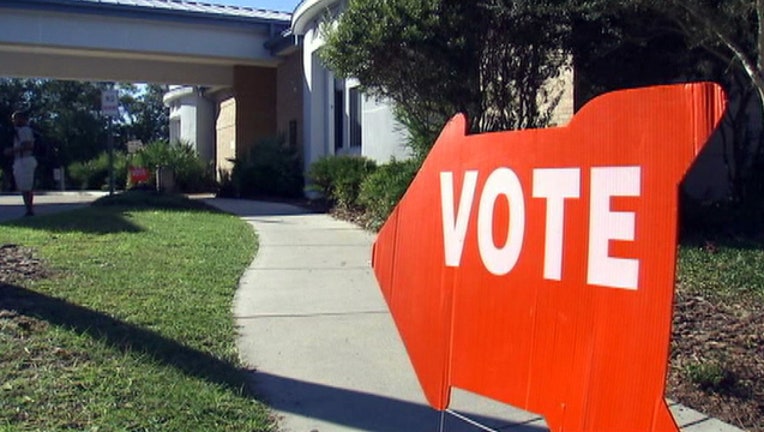Florida's effort to find non-citizen voters had slim results

TALLAHASSEE, Fla. (AP) - Contrary to what's claimed in a tweet by Donald Trump Jr., an effort by Florida to find non-citizens on its voter rolls did not result in the discovery of tens of thousands of illegal voters.
In the last few days, some Republicans and conservatives have latched onto a six-year-old story that detailed efforts by the administration of Gov. Rick Scott to identify and remove ineligible voters. The president's son even tweeted out a link Monday to the May 2012 story by The Associated Press.
The headline on the story said "Nearly 200,000 Florida voters may not be citizens."
Ultimately, however, the results of the Scott administration's push did not come anywhere close to finding that many non-citizens. Instead the state of Florida discovered a total of 207 ineligible voters.
Spurred on directly by Gov. Scott shortly after he was elected governor, the state began looking to see if there were ineligible voters on the rolls.
An initial list that was not widely distributed turned up nearly 182,000 people, but state officials called the list obsolete and did not use it. State officials instead whittled it down and gave the names of more than 2,600 voters to local election supervisors who were asked to check them. Voters who did not respond to supervisors could ultimately be removed from the rolls.
Many supervisors wound up questioning the accuracy of the smaller list since more than 500 people on it turned out to be citizens.
The state had begun its first screening efforts based on checking names against state-run databases. It wasn't until months later that the state gained access to a federal immigration database. After checking the names against the federal database, the Florida Department of State in September 2012 identified 207 ineligible voters.

